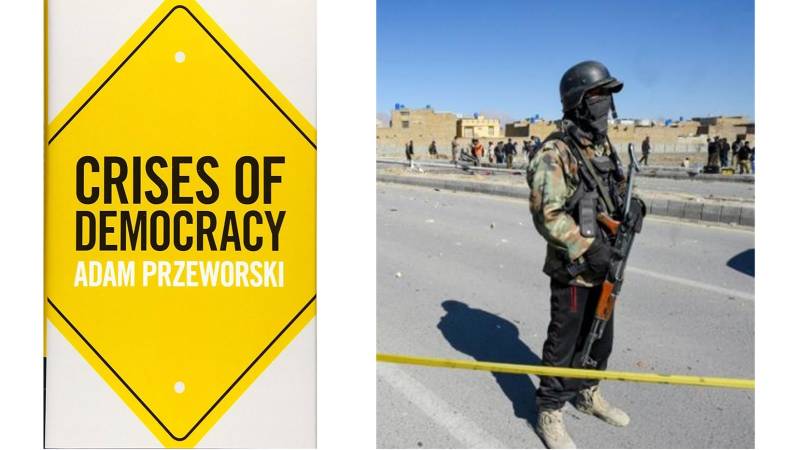
The famous Polish-American political scientist Adam Przeworski remarked that democracies become consolidated in a country when the losing political party or leader accepts the results and commits itself to participate in the next round under the same conditions. Quite the opposite is taking place in Pakistan, where every political party wants conditions of its own choice to participate in the elections.
Pakistan is set to witness one of its most manipulative elections in recent times where quite a lot of ‘traditional’ pre-poll rigging has already taken place. The last general elections held in 2018 saw the biggest political party PML-N going through a fate similar to the one that PTI is going through now. The leaders of the party were behind bars and many were not allowed to contest while others had to campaign under tremendous pressure. This time around we have gone a step further with not only the leadership being behind bars, but also an almost unannounced blanket ban on a political party.
Electoral competition requires contention between the elites in a way that disciplines them so that they can be held answerable by the people. The moment people are taken out of the equation then you are left with an unelected group of people deciding the fate of the citizens and it has lasting consequences even for the winning party.
The ones elected as a result of such process are not answerable then to the people, but to those who have brought them in power which calls into question the legitimacy of the whole government which is formulated after the elections. These elected politicians also have to operate under conditions which are mostly not of their own choosing.
The role of the military in Pakistan elections is not new and has been there since the creation of its Constitution in 1973. Still, the pre-poll rigging suggests that the establishment (a group of mostly unelected people on top) has mastered a new game in which it can prop up a candidate or party of its own choice leaving limited choice for the people, but to accept that person or party as their leader.
This is not to suggest that Imran Khan doesn’t share the blame for the way things are today in Pakistan because that is something to which all elected parties have equally contributed in one way or the other over time. Imran may be a bit more than others by changing the political culture and calling into question the loyalty of his opponents.
There was some hope of change after the vote of no confidence was passed against an incumbent government in 2022 and the courts stood by the constitution, but it seems to have withered away with there being a new project in place to bring another leader into government. The ‘hope’ was that our leaders would learn from their mistakes and would chart a path for democratisation of the country. Instead, we saw politics of extreme hate that also led to unprecedented outcomes.
These elections would not help the country heal nor are they good for the collective polity of our state. They are important so that the process of democracy goes ahead, but the way ahead still is long and let’s be honest the ‘fault lies not in our stars..’
The dream of a consolidated progressive democracy might just remain a dream unless and until the establishment gives up on the idea of propping up leaders and parties of its own choice. This decision can’t be imposed on the military due to the geopolitical nature of the country, but one that the top hierarchy would recognise on its own. Meanwhile, the political parties that are in power and in opposition need to create a path of democratisation on which there shall be no compromise.

